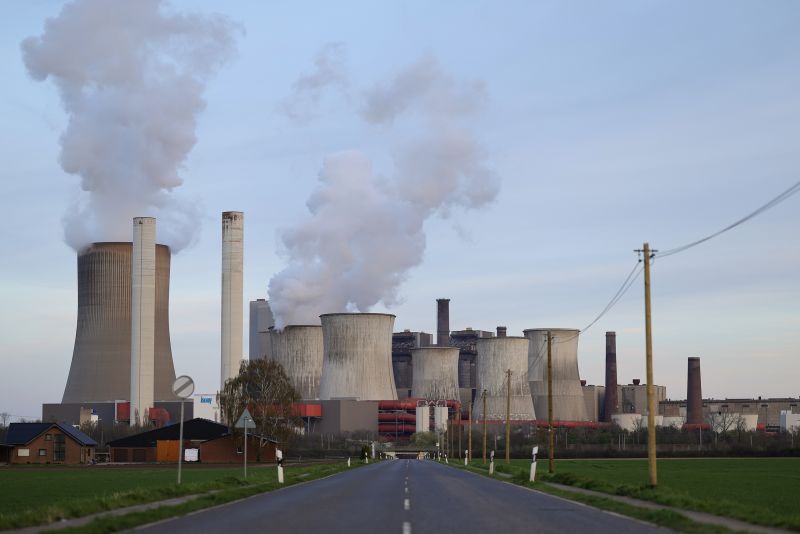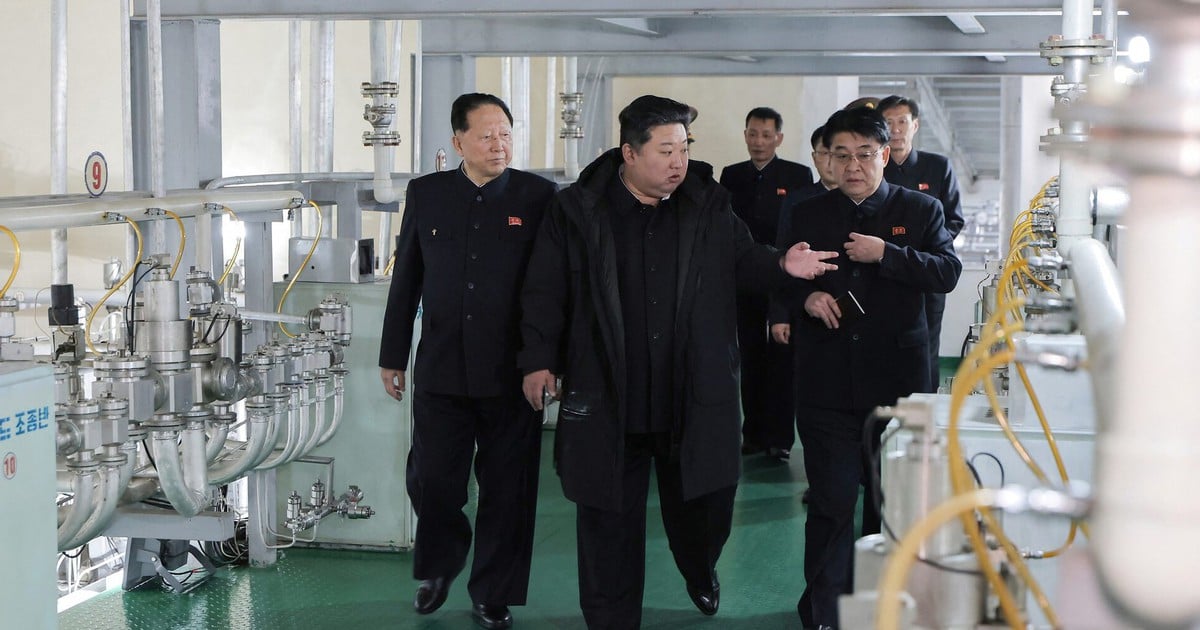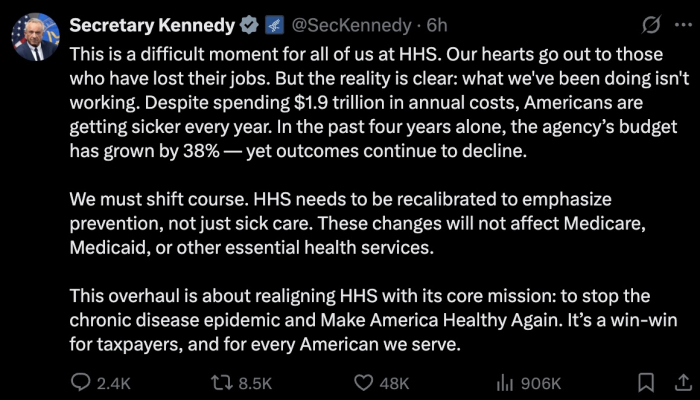At the G7 Ministerial Meeting in Turin (Italy) on April 29, Mr. Andrew Bowie, Minister of Energy Security and Net Zero of the United Kingdom, said: "We have an agreement to phase out coal in the first half of the 2030s. This is a historic agreement, something we could not achieve at COP28 in Dubai last year."
"We have reached a preliminary agreement and will sign the formal agreement on April 30," said Italian Energy Minister Gilberto Pichetto Fratin, who chaired the meeting.
The coal deal marks a major step toward phasing out fossil fuels, of which coal is the most polluting, set out at COP28 last year. Ministers are expected to issue a final communique detailing the G7’s commitment to decarbonizing the economy on April 30 (US time).

Cooling tower of the Niederaussem coal-fired power plant in Germany. Photo: Andreas Rentz
According to a report by the climate research organization Ember (Japan), about 16% of the G7's electricity comes from coal. Currently, many G7 countries have plans to gradually eliminate fossil fuels.
Last year, Italy generated 4.7% of its total electricity through a number of coal-fired stations. Italy now plans to close its coal plants by 2025, with the exception of Sardinia, which has a deadline of 2028.
In Germany and Japan, coal plays a larger role, with the share of electricity produced from coal reaching more than 25% of total electricity in 2023. Last year, under the chairmanship of Japan, the G7 pledged to prioritize concrete steps towards phasing out coal power generation but did not set a specific deadline.
Last week, the US Environmental Protection Agency (EPA) announced new rules requiring coal-fired power plants to clean up nearly all of their climate pollution or face closure by 2039.
“This is another nail in the coal coffin,” said Dave Jones, director of Ember’s Global Insights program. “The journey to phase out coal has been more than seven years in the making since the UK, France, Italy and Canada committed to phase out coal power, so it’s good to see the US and especially Japan finally being clearer about their plans.”
However, he warned that while coal power is falling, gas consumption continues. “Coal may be the dirtiest, but ultimately all fossil fuels need to be phased out,” he said.
Fossil fuels are a major cause of the climate crisis. Almost every country in the world agreed to phase out fossil fuels at the COP28 climate talks in Dubai last year, but the failure to set a specific deadline was seen as a shortcoming of those talks.
The G7 group - which includes Canada, France, Germany, Italy, Japan, the United Kingdom and the United States - has traditionally led global climate policy along with the European Union (EU). In addition to coal, nuclear power and biofuels were also top priorities at the April 30 summit in Italy.
Hoai Phuong (according to Reuters, CNN)
Source



![[Photo] Third meeting of the Organizing Subcommittee serving the 14th National Party Congress](https://vstatic.vietnam.vn/vietnam/resource/IMAGE/2025/4/2/3f342a185e714df58aad8c0fc08e4af2)

![[Photo] Close-up of Vietnam's sniffer dog team searching for earthquake victims in Myanmar](https://vstatic.vietnam.vn/vietnam/resource/IMAGE/2025/4/1/d4949a0510ba40af93a15359b5450df2)
![[Photo] Relatives of victims of the earthquake in Myanmar were moved and grateful to the rescue team of the Vietnamese Ministry of National Defense.](https://vstatic.vietnam.vn/vietnam/resource/IMAGE/2025/4/2/aa6a37e9b59543dfb0ddc7f44162a7a7)


























































































Comment (0)